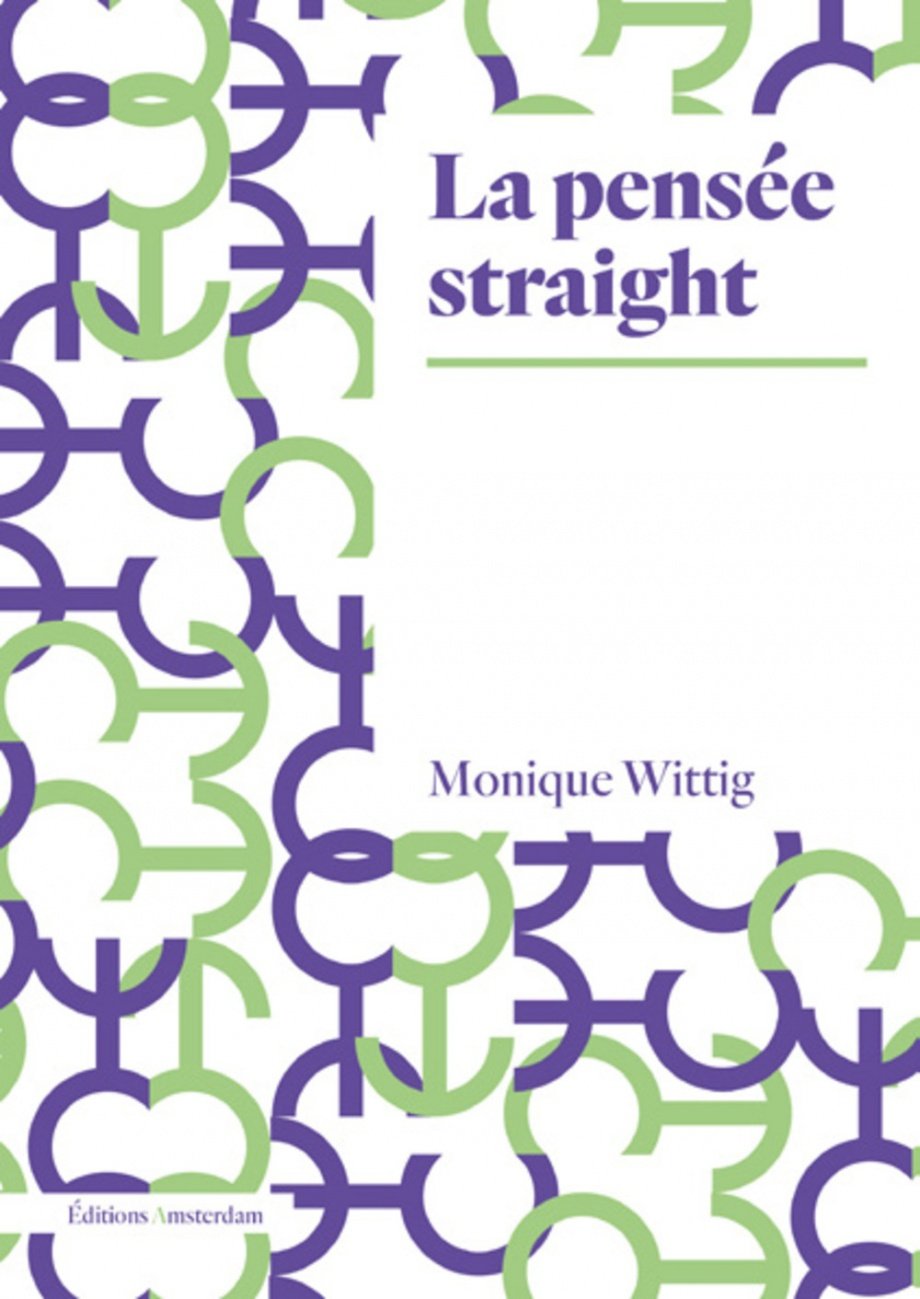
Its unorthodox, minimally punctuated, and nonchronological narrative established Wittig’s course as a writer. Her first novel, L’Opoponax (1964 The Opoponax), is an examination of childhood experiences viewed through the consciousness of a rebellious young girl in a convent school. Wittig attended the Sorbonne and immigrated to the United States in 1976.
 SpaceNext50 Britannica presents SpaceNext50, From the race to the Moon to space stewardship, we explore a wide range of subjects that feed our curiosity about space!. Learn about the major environmental problems facing our planet and what can be done about them! Saving Earth Britannica Presents Earth’s To-Do List for the 21st Century. 100 Women Britannica celebrates the centennial of the Nineteenth Amendment, highlighting suffragists and history-making politicians. COVID-19 Portal While this global health crisis continues to evolve, it can be useful to look to past pandemics to better understand how to respond today. Student Portal Britannica is the ultimate student resource for key school subjects like history, government, literature, and more. This Time in History In these videos, find out what happened this month (or any month!) in history. #WTFact Videos In #WTFact Britannica shares some of the most bizarre facts we can find. Demystified Videos In Demystified, Britannica has all the answers to your burning questions. Britannica Classics Check out these retro videos from Encyclopedia Britannica’s archives. Britannica Explains In these videos, Britannica explains a variety of topics and answers frequently asked questions. As a result, these ostensibly literary essays offer the most cogent statement of her political beliefs and, consequently, the most satisfying reading.
SpaceNext50 Britannica presents SpaceNext50, From the race to the Moon to space stewardship, we explore a wide range of subjects that feed our curiosity about space!. Learn about the major environmental problems facing our planet and what can be done about them! Saving Earth Britannica Presents Earth’s To-Do List for the 21st Century. 100 Women Britannica celebrates the centennial of the Nineteenth Amendment, highlighting suffragists and history-making politicians. COVID-19 Portal While this global health crisis continues to evolve, it can be useful to look to past pandemics to better understand how to respond today. Student Portal Britannica is the ultimate student resource for key school subjects like history, government, literature, and more. This Time in History In these videos, find out what happened this month (or any month!) in history. #WTFact Videos In #WTFact Britannica shares some of the most bizarre facts we can find. Demystified Videos In Demystified, Britannica has all the answers to your burning questions. Britannica Classics Check out these retro videos from Encyclopedia Britannica’s archives. Britannica Explains In these videos, Britannica explains a variety of topics and answers frequently asked questions. As a result, these ostensibly literary essays offer the most cogent statement of her political beliefs and, consequently, the most satisfying reading. 
The author is at her most elegant in the literary essays, which explicate the complex relationship between literary form and ideology. The book's first half, containing the political essays, is a bit repetitive. Wittig's prose is methodical and aggressive, combative and dense. For women, she concludes, lesbianism is the logical escape from patriarchal domination. There is but sex that is oppressed and sex that oppresses.'' Drawing on de Beauvoir, Wittig strenuously resists both biological determinism and its twin, essentialism, arguing that sex itself is a social, ergo ideological, construct and that man and woman are not eternal categories.

Half of the nine essays in this brief collection deal directly with the politics of gender, a battlefield on which Wittig has staked out a nearly unique position: ``There is no sex. Wittig ( The Lesbian Body ) is a key figure in French feminism, perhaps the foremost theorist of a profoundly radical lesbianism.







 0 kommentar(er)
0 kommentar(er)
